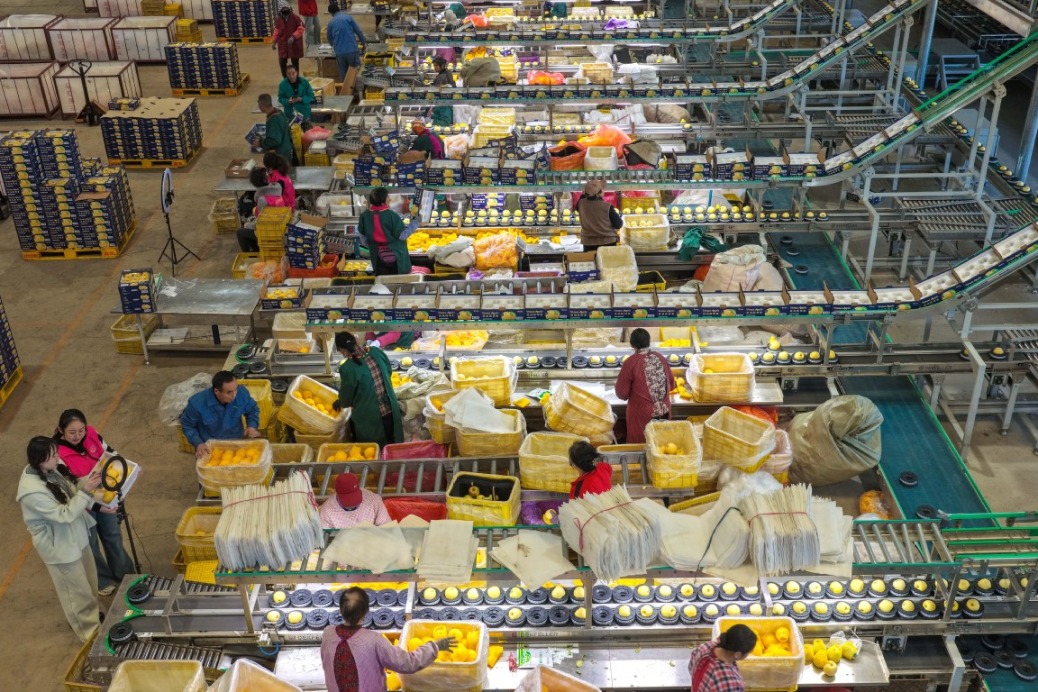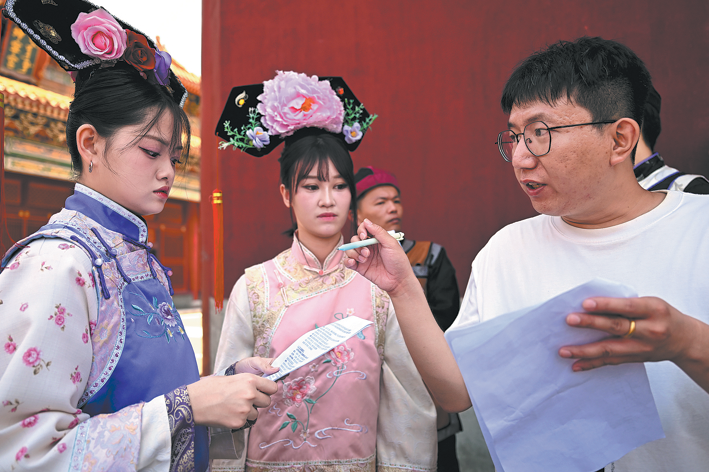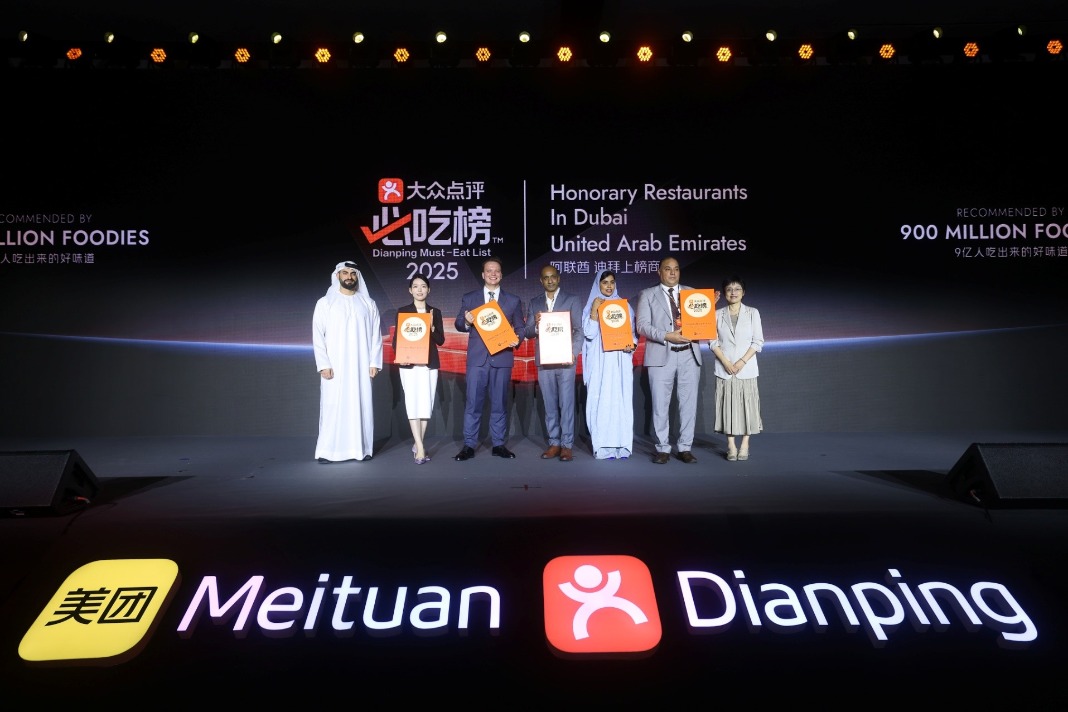Coffee 'hotter' in China with Huawei's foray
By WANG ZHUOQIONG and MA SI | China Daily | Updated: 2022-06-14 07:59

Telecommunication giant Huawei Technologies Co's recent plan to enter the on-premise coffee market in China has triggered heated discussions on the beverage's role in rejuvenating established non-food brands among younger consumers.
Huawei has applied for two trademarks related to coffee. The registered name of one trademark is "One Cup of Coffee Absorbs Cosmic Energy". The name is classified into the category of convenience food and the application is waiting for acceptance, according to Qichacha, a data bank that tracks business registrations.
The other trademark is classified into the category of catering and accommodation, covering services including cafes, restaurants and mobile food supply. The application is waiting for review.
The move is a follow-up to the company's management interests in the coffee sector.
In August, Ren Zhengfei, founder of Huawei, said that the company plans to open more than 100 coffee stores in the company's Qingpu base in Shanghai to attract young people to work for the company.
Before Huawei, domestic leading sportswear brand Li-Ning recently started its own freshly brewed coffee as it has applied to register its brand as "Ning Coffee".The sportswear company already operates coffee services in Beijing, Xiamen in Fujian province, and Zhanjiang in Guangdong province. The company runs coffee as an innovation and added value to its in-store shopping experiences, according to Li-Ning, which owns more than 7,000 stores in the country.
Li-Ning is one of the large-scale retail networks that have banked on the beverage to get closer to younger consumers. Beijing TRT Group, a traditional Chinese medicine pharmacy, China Post, Petro-China, Sinopec Group and even Goubuli-an iconic Tianjin-based bun specialist-have opened their own coffee units. The list of brands entering the coffee sector goes on.
Zhu Danpeng, a food and beverage analyst, said the recent cross-sector marketing events, which have involved business extension into the coffee sector, have shared one identical aspiration-to get engaged with the younger generation, which has become a dominant consumer group, playing a crucial role in a brand's future. "To make a brand younger is more or less about how to grow loyalty and frequency with the Gen Z consumers," said Zhu.
The capital market and investors have also been drawn to the fast-rising coffee industry, pushing the growth of on-premise coffee niche brands including Manner Coffee, M Stand and Seesaw as well as those internet-based packaged instant coffee brands such as Saturnbird Coffee.
According to a report by Jiemian, the domestic coffee sector received financing of more than 4 billion yuan ($594 million) in 2021. In March, Canadian coffee group Tim Hortons in China announced it had received an investment of 1.2 billion yuan, propelling the chain to grow from the current 410 stores in the country to 2,750 stores by 2026.
According to research institute iiMedia Research, in 2021, the coffee market has been valued at 381.7 billion yuan and is estimated to grow to 1 trillion yuan in 2025, with an average annualized growth rate of 27.2 percent.
By comparison, milk tea, a darling among Chinese youth, has been gradually losing its appeal. According to Nayuki Tea's annual financial report for 2021, the milk tea maker has seen a loss of 145 million yuan in net profit, which was 16.6 million yuan a year earlier.
























